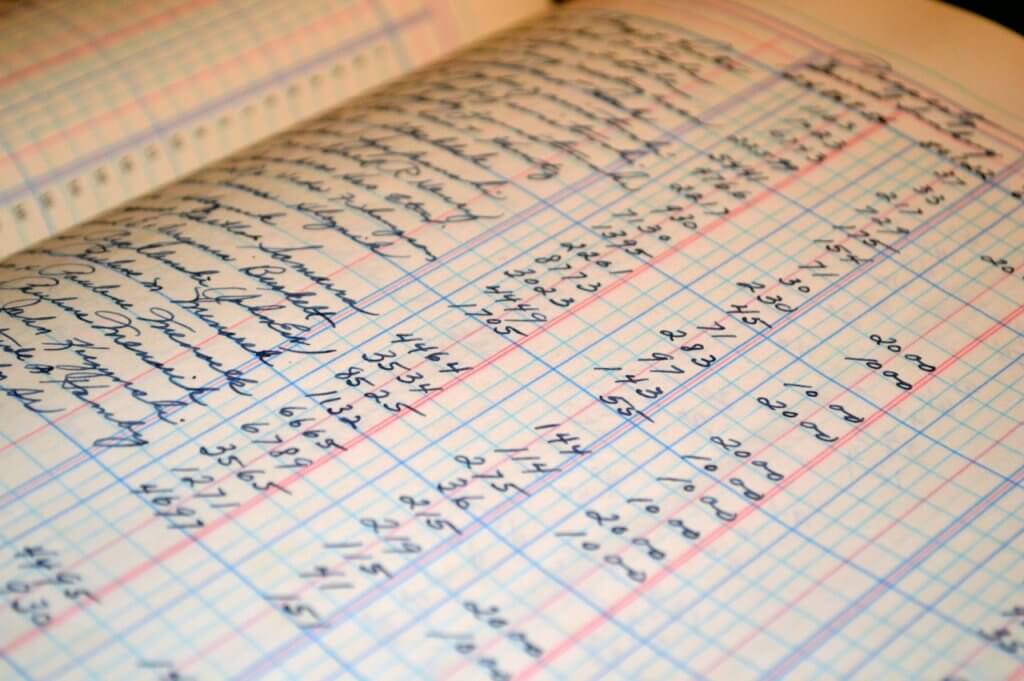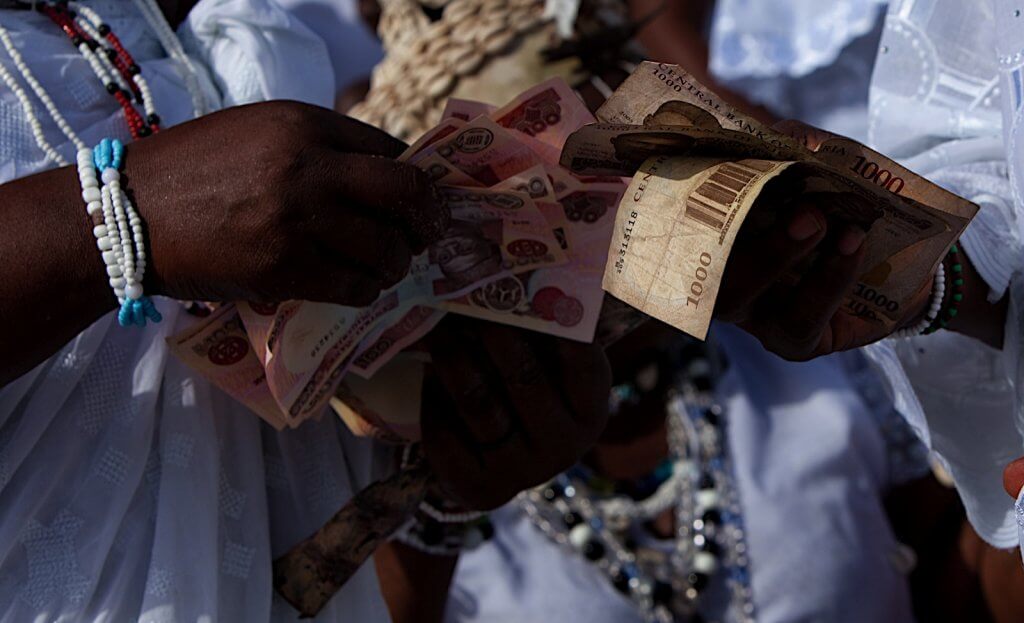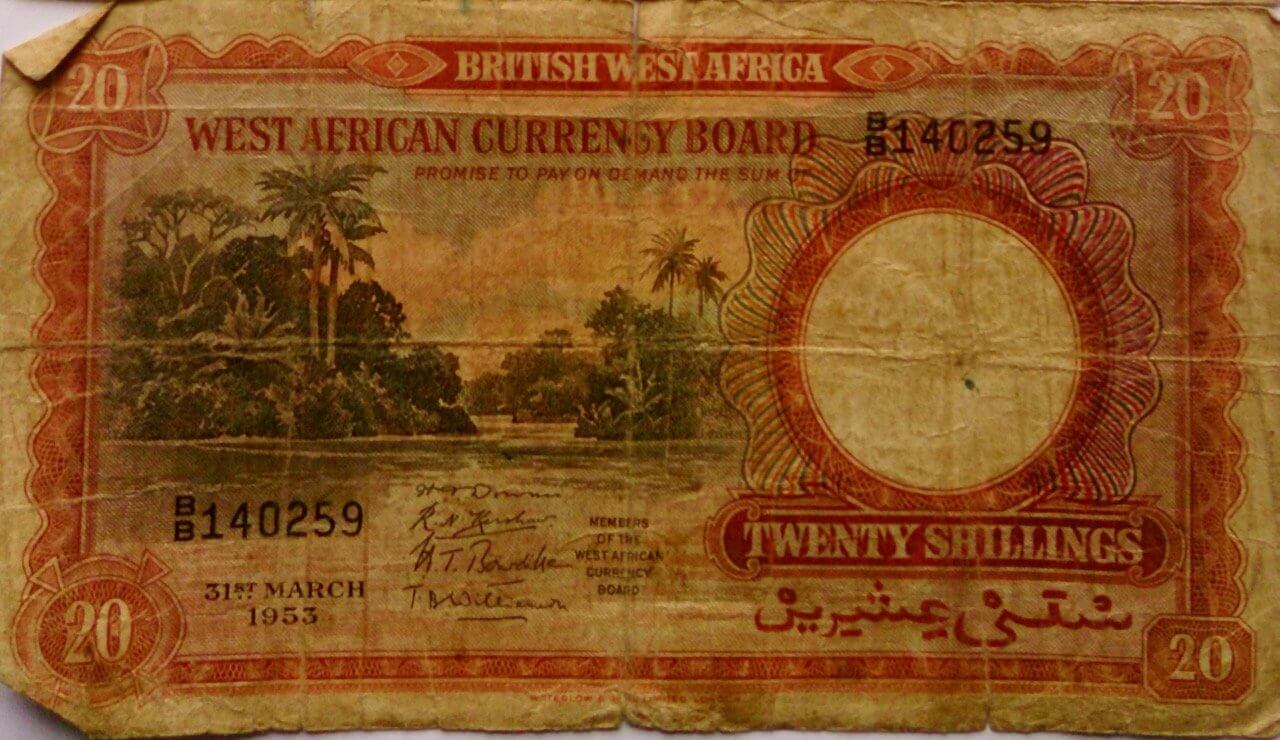Chained to a bank?, not anymore.
What is the blockchain?
Say you have an account with Union Bank of Nigeria, every time you pay in money, the bank records it on your account sheet (ledger), every time you do a transfer to another account, it is recorded too. At any point in time, your account statement has a record of all the money inflow and money outflow which then gives your bank balance.
What happens if your record of inflow and outflow does not match with what the bank has? Well, you have to bring all your payment receipts and as much evidence as you can get, the bank looks at this and decides if it should change your balance or not. If you do not agree with their figure, your options are quite limited
The bank has a single database keeping all your transaction records and that of millions of other customers money too. The integrity of the data depends solely on the bank (and the competence of its IT department)

Now imagine that instead of one bank keep a ledger, all the customers keep ledgers, so every transaction done by one customer is registered in all the ledgers simultaneously.
Why?
Take bank transfers, If I want to transfer money from Lagos to a hotel in Ilorin, I will setup a transfer in my Union Bank account, Union bank will credit the hotel’s bank, StandardCharted and debit my account, the hotel will receive the money in their account and wait a bit to be sure it is really in their account.

A reliable means of exchange
What if they do not receive a credit for the amount I sent when I arrive there but I still get debited, would they believe me and give me a room?
Of course not (in most instances).
That is the problem of trust.
Now, imagine we were using a distributed database system, and that all the participants had access to their database and could see transactions in real time, that means that when I initiate my transfer of money for a room, the hotel sees it immediately in their ledger and millions of others see it too. The hotel does not need a bank confirmation to know I have donea transfer to their account, since the transaction shows up on their ledger as it is done. More importantly, the hotel management also knows that I cannot reverse the transaction.
For the blockchain system to work, you need a way of making sure ALL transactions are secure and only done by the owner of the account. That is the crypto part in the cryptocurrency.
But I am jumping ahead.
A distributed account system, with individual account statements/ledgers is the blockchain.
The content of the ledger and what it is used for is the part people talk mostly about, bitcoin is an example of that, a money system running on blockchain technology.
The blockchain can be used to store any type of information, why is money the current one? This is because of another peculiar characteristic of the blockchain and human beings. To make the system work, you need people who will run the databases (remember there is no central bank or even commercial bank to handle your accounts). So what is the incentive to manage the database?
With currency implementation, you give the database managers a little bit of the transaction value, that is an incentive to stay do it!
Now the crypto part, to restrict access to only the owner of the account, the information for your account can only be accessed via the presentation of a key, which is like your password only many times more secured that current passwords, there is no access without this key. When you lose it, bye bye to your account. As an aside, it is estimated that there is close to 30% of bitcoins lost because people cannot get their key or have forgotten it. NPR recently had a podcast on people who have bitcoins but cannot locate their wallet.
Where can we use blockchain technology?
So, the basic blockchain is a distributed database that is secured, any transaction on it is seen by all the people having the database and is irreversible. All past transactions are stored and available for all to see. And the users on the system do not need any form of ID apart from their key!
- Currency – like in Bitcoin, Ethereum and others.
- Voting – Voting systems can be designed around the blockchain and you have secured, transparent voting process
- Funds Transfer – This can replace money transfers, letter of credit, any transaction that needs trust can be replaced by blockchain technology and made super fast and cheap
This is a simplified version, kindly comment below and I will respond to your questions and suggestions.
Share this knowledge
